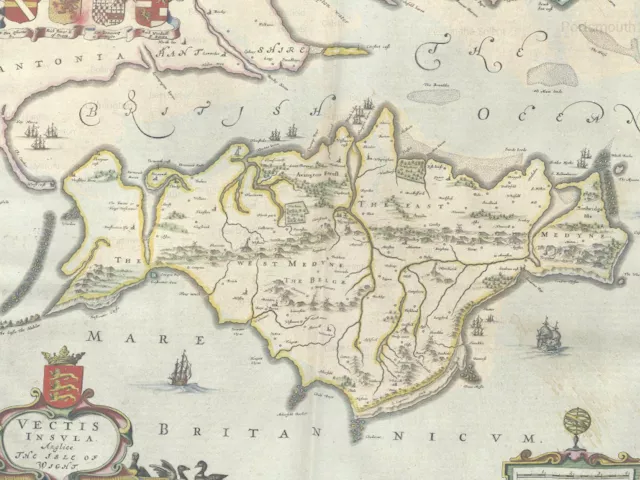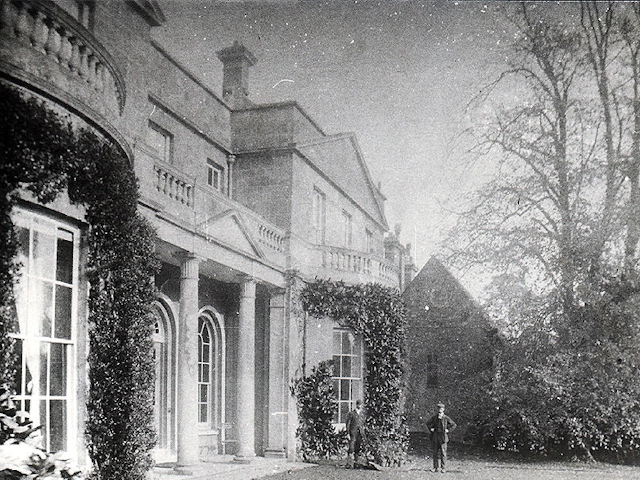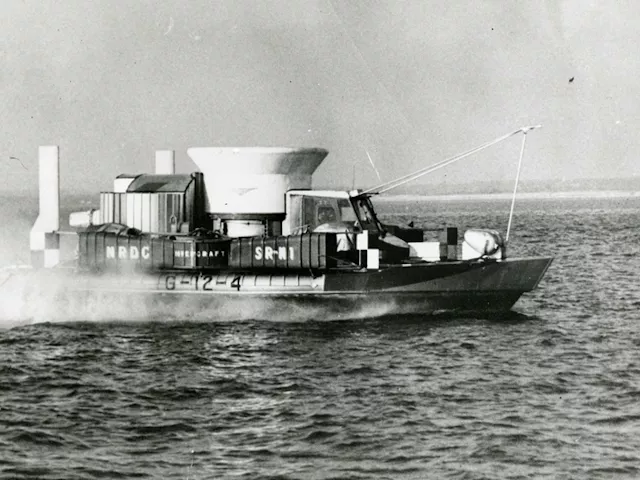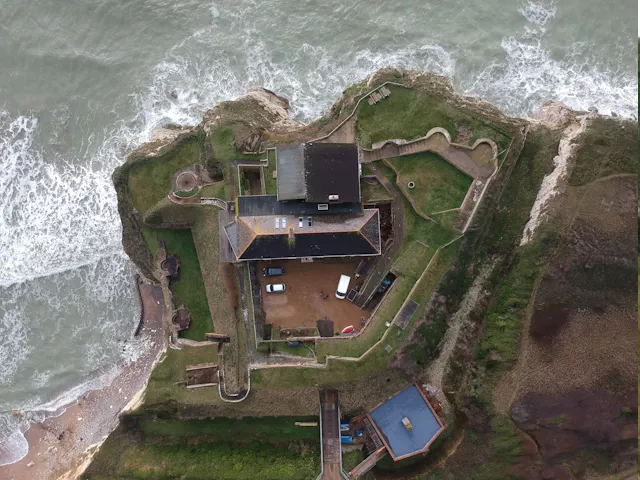Isle of Wight History
Discover the History of the Isle of Wight
Interesting historic information of the Island
Enjoy the many wonders of the Island
The village of Seaview became popular in the 19th Century due to its close proximity to Ryde....
Originally two pillboxes, in front of the battery and slightly to the left, near the cliff edge....
This is the very strange and sad story of a Mrs. Dorothy OGrady who lived at Osborne Villa...
. This map was published within the 1832 Reform Act for the purposes of showing the proposed electoral...
Island Eye
We are thrilled to introduce the newly revised and updated Island Eye, which focuses on history tourism and includes many hundreds of intriguing historical facts and memories spanning centuries of time.
Overall, the Isle of Wight is an excellent holiday destination for history tourism due to its historical landmarks, one-of-a-kind experiences, breathtaking natural beauty, and vibrant cultural activities. Travelers can enjoy everything that the island has to offer in addition to learning about its rich history.
Review our Sister Site
Isle of Wight Walks
The Isle of Wight has many stunning walks, from easy access flat walking and short walks, through the challenging Isle of Wight Coastal Path.
The Isle of Wight Walks website has all these great Island walks into one place, with easy to use maps you can follow on your phone or download as GPX files, route descriptions and notes, photos, on-route and nearby facilities, parking, accommodation and more.
Discover the past of the Isle of Wight
History Tourism
Historical Maps
Explore the fascinating world of historical maps on the Isle of Wight. These maps provide a unique glimpse into the past, showcasing how the island's geography, settlements, and landscapes have evolved over centuries.
Military History
Delve into the Isle of Wight's rich military history, spanning centuries of defence and strategic significance. The island is home to a variety of historical sites, from ancient fortifications to Victorian coastal defences.
Piers of the Isle of Wight
Discover the charm and history of the Isle of Wight's iconic piers. These historic structures have been central to the island's coastal life for centuries, offering a glimpse into the leisure and commerce of bygone eras.
Manor Houses
Step back in time and explore the grandeur of the Isle of Wight's manor houses. These stately homes offer a fascinating glimpse into the island's aristocratic past, showcasing exquisite architecture, lush gardens, and rich histories.
Castles & Fortifications
Explore the Isle of Wight's rich history through its impressive castles and fortifications. These historical structures offer a journey into the past, showcasing the island's strategic importance and architectural prowess.
World War II on the Island
Uncover the significant impact of World War II on the Isle of Wight. The island played a crucial role during the war, serving as a strategic location for coastal defences and military operations.
History of the Isle of Wight
The Isle of Wight, located off the southern coast of England, boasts a rich and diverse history that stretches back thousands of years. This beautiful island has been a site of human settlement since prehistoric times, and its strategic location has made it an important place throughout various historical periods.
Prehistoric and Roman Times
Archaeological evidence indicates that the Isle of Wight has been inhabited since the Stone Age. Ancient burial mounds, known as barrows, dot the landscape, reflecting the island’s early human activity. The arrival of the Romans in AD 43 marked a significant period in the island’s history. The Romans established several settlements and built villas, the most famous being the Brading Roman Villa, which showcases intricate mosaics and artifacts from this era.
Anglo-Saxon and Viking Era
Following the departure of the Romans, the Isle of Wight was settled by the Jutes, a Germanic tribe, in the early 5th century. The island became a part of the Kingdom of Wessex and later the Kingdom of England. During this time, it faced several Viking invasions, which left a lasting impact on the local culture and history.
Medieval Period
The Isle of Wight played a crucial role in medieval England. Carisbrooke Castle, built in the 11th century, became a key defensive structure against French invasions and later served as a prison for King Charles I during the English Civil War. The medieval period also saw the development of many of the island’s charming villages and churches, which still stand today as a testament to its rich heritage.
Tudor and Stuart Era
The Tudor period brought prosperity to the Isle of Wight, particularly under the reign of Henry VIII, who fortified the island’s defences by building Yarmouth Castle and other fortifications. The island continued to flourish during the Stuart era, with the expansion of trade and the construction of grand manor houses.
Victorian and Edwardian Times
The 19th century saw the Isle of Wight become a popular destination for the British aristocracy and royalty. Queen Victoria and Prince Albert made Osborne House their summer residence, significantly boosting the island’s status. The Victorian period also saw the development of seaside resorts like Ryde and Ventnor, attracting tourists from all over the country.
Modern History
In the 20th century, the Isle of Wight played a role in both World Wars, with several military installations and airfields established on the island. Today, it is known for its vibrant cultural scene, including the famous Isle of Wight Festival, and its commitment to preserving its historical sites and natural beauty.
The history of the Isle of Wight is a captivating journey through time, showcasing its significance in England’s past and its enduring charm. Whether you are a history enthusiast or a curious traveller, exploring the island’s historical landmarks offers a unique and enriching experience.






